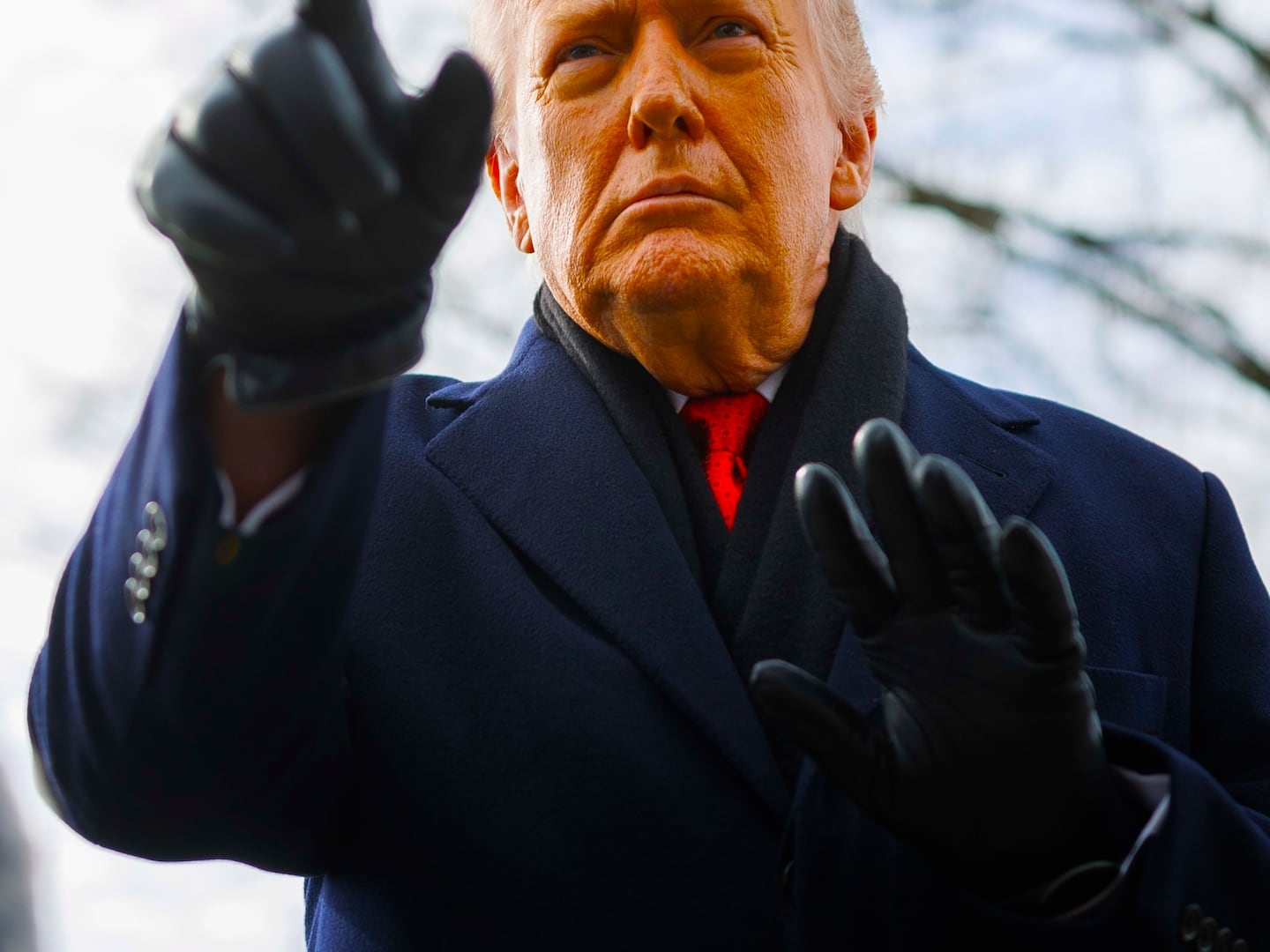It was almost inevitable that yesterday’s Islamist rallies across Egypt would end in bloodshed, with panicked protesters fleeing down side streets as armed police emptied their Kalashnikovs behind them.
The eventual death toll of at least 53 civilians would have topped the world news bulletins for days on end had the killing taken place during demonstrations in New York or London. The same may have happened had the shootings occurred perhaps a year or even six months ago in Cairo.

But not anymore. The calculus of horror has been cranked up following the state-led massacres of several hundred Islamists over the summer. A modicum of senseless slaughter is no longer considered overly newsworthy in Egypt.
That might change in the coming days. On Monday, a huge and deadly bomb attack in the usually calm south Sinai desert was followed by the death of six soldiers in a drive-by shooting near the Suez Canal, and an assault by militants firing a rocket propelled grenade at a satellite station in the capital. All signs point to a growing Islamist insurgency which has the potential to gather a frightening degree of momentum.
Many Egyptians will no doubt recoil from such violence and point the finger of blame at supporters of Mohamed Morsi, the President who was toppled by a popular coup and is still being held in an undisclosed location.
“Our army should do whatever it wants to kill these terrorists,” said Esraa Abdel Fattah, a member of a leading liberal party.
The former leader’s disciples, although largely innocent of the spurious terrorism charges routinely leveled against them, upped the ante this week by calling for demonstrations on Armed Forces Day yesterday. The occasion is perhaps the closest thing Egypt has to a sacrosanct non-religious holiday, marking the start of the last war the country fought with Israel. It is a date revered as a time when Egypt regained its martial pride following the previous decade’s calamitous Six Day War. Each year, newspapers run features dredging up the glories of veterans who took part in the 1973 conflict, while TV channels recycle endless clips of archived footage featuring screeching fighter jets and exploding enemy tanks.
The crossing of the Suez Canal was an unprecedented feat of amphibious warfare--one American historian judged that Egypt ultimately inflicted “the worst defeat in the history of the Israeli army.” But ultimately the gains of the October War were completely reversed and ended in a military failure. It was the political successes--the eventual return of the occupied Sinai Peninsula six years later--along with the initial humbling of the Israeli defenses, which have gilded the war’s memory for Egyptians.
So any affront to yesterday’s celebrations--which marked the 40th anniversary of the conflict--was likely to be viewed in a dim light by the authorities.
Since the summer officials have been stoking the flames of rampant nationalism, arresting thousands of Islamists and whipping up fears of a Muslim Brotherhood terrorist threat. Senior members of the government contributed to the heightened tensions before Monday’s rally. Adli Mansour, the interim President, gave a speech on Saturday night urging people to take to the streets and “support your army”. One of his advisors meanwhile said that anyone demonstrating against the military was doing the work of “foreign agents”.
For pro-Morsi protesters, to choose yesterday of all days for their demonstration was extremely risky. Members of the Anti-Coup Alliance, the leading pro-Morsi group which is spearheaded by the Brotherhood, claimed that their intention was not to disrupt or tarnish the celebrations. “Today is a special day for all Egyptians,” said Sara Omar, a member of the Alliance. “We are here to celebrate our leaders of 1973 who, thanks be to God, succeeded in the war against Israel.”
“The October War is a special memory for all Egyptians. We said that we will go to the streets to celebrate the victory but that we would also demand our normal rights of democracy and elections.”
Tahrir Square, once the cauldron of an uprising that toppled a military dictator, was cordoned off by troops and members of the central security services. In perhaps the ultimate indignity for those who remember the plaza as a platform for anti-authoritarian agitation, officials had placed walk-through metal detectors at the entrances to vet those coming in past the coils of barbed wire.
By yesterday afternoon, thousands of pro-military revelers were rallying in the square, some holding aloft pictures of army chief Gen. Abdel Fattah al-Sisi, others waving flags and chanting songs.
Yet pro-Morsi demonstrators had vowed to make their way to Tahrir Square regardless, setting the stage for a dangerous confrontation. Sure enough, later in the afternoon, the showdown arrived. As several thousand demonstrators approached Tahrir Square from the west bank of the Nile, police launched volleys of tear gas and opened fire with Kalashnikovs and shotguns. Elsewhere, there were clashes across the river, east of downtown in Ramses Square. Four people were also killed during eruptions of violence outside the capital in the provinces.
The banality of death in Egypt these days is worrying enough. But so too are the bleak prospects of a political settlement while the Muslim Brotherhood--still one of Egypt’s main players despite the government’s attempts to dismember it--remains sidelined. According to Sherif Taher, a leading figure in the liberal Al-Wafd Party, the group remains influential and should not be underestimated. “We’re not taking the Muslim Brotherhood seriously enough,” he said. “Sentiment on the street is completely freaking me out. It’s the overconfidence that worries me. We’re not done with the Brotherhood yet.”
But Dr. HA Hellyer, an associate fellow at the Royal United Services Institute andthe Brookings Institution, said he believed the Muslim Brotherhood and their allies were “shooting themselves in the foot” by staging protests like the one today. He argued that, given the prevailing political climate, the ongoing transitional period--including the drafting of a new constitution and plans for future elections--would not be affected by Islamist refuseniks or the intolerance of the state towards them.
“Nobody today is going to condemn the military,” he said. “Nobody today is going to be condemning the police force…The political situation is this. There is a road map. The road map is legitimized by the military. The military is extremely popular, and so the road map is not going to change.”
But the political turmoil is manifesting itself in ugly, hate-filled violence. Khaled Dawoud, the high profile spokesman for the liberal Dostour Party, was hospitalized after being attacked by Islamists on Friday. He told reporters how his assailants had recognized him, set upon him with knives and tried to dismember his wrists.
Yesterday, former Presidential candidate Bothaina Kamel said she was also attacked by Islamists as she drove through the neighborhood in which the pro-Morsi protest was taking place.
Some Egyptians now find themselves yearning for a military strongman to take control. Petitions are doing the rounds calling for Gen. al-Sisi himself to run; at least one upmarket confectioner in central Cairo is selling chocolates featuring the face of the beloved army chief. But such a move would be anathema to many; not only recalcitrant Islamists but also the revolutionaries who have become disillusioned by recent developments.
“This country is as divided as it has ever been,” said Sherif Taher. “I see people who have been living in the same street and known each other for 30 years, and they cannot bear to speak to each other. It’s sad.”






